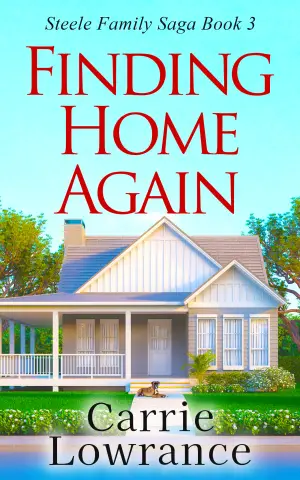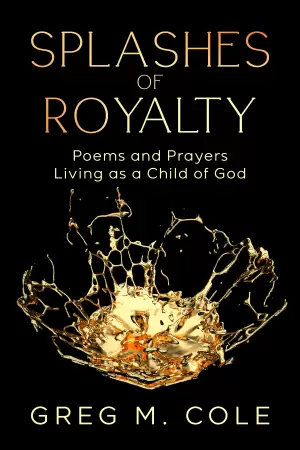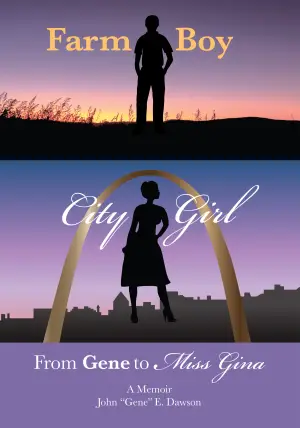My Sister’s Keeper by Jodi Picoult: A Heart-Wrenching Exploration of Love and Choice
When I first picked up My Sister’s Keeper by Jodi Picoult, I didn’t realize the emotional whirlwind I was about to embark on. The concept of a child conceived to save another can be both fascinating and troubling, and Picoult excels at pushing the boundaries of moral dilemmas in ways that make you question not just the characters’ choices but also your own beliefs. It’s a narrative that stays with you long after the last page, and I found myself reflecting on the intricate web of love, sacrifice, and autonomy that defines family ties.
At its core, the novel revolves around Anna Fitzgerald, who has been genetically engineered to be a match for her older sister, Kate, who suffers from leukemia. Right from the start, Picoult introduces us to a mother, Sara, who is imbued with a fierce love for Kate, yet it is often at the expense of Anna’s sense of self. This dichotomy is captured beautifully in the line, “There are some things we do because we convince ourselves it would be better for everyone involved.” As I followed Anna’s journey, I couldn’t help but feel the weight of her burden. She was never given the choice to simply be herself—a sentiment I found both heartbreaking and chilling.
The exploration of themes such as identity, autonomy, and the ethics of medical intervention permeates the narrative. Picoult does not shy away from the complexities of familial obligation, creating a tense atmosphere in which right and wrong blur into shades of gray. The emotional scenes between Sara and Anna are particularly poignant. Sara’s unwavering belief in her choices, despite the doubt that drapes her decisions, resonates with me. It raises questions about the sacrifices we make for loved ones and whether it’s right to impose such burdens on others.
Picoult’s writing style is engaging and accessible, yet it holds a deeper poignancy that invites reflection. The pacing is deliberate, allowing us to linger on critical moments, especially when Anna files for medical emancipation. It’s a point that struck me profoundly; the struggle for Anna’s autonomy against her mother’s unwavering conviction brought a sense of urgency to her plight.
One of my favorite quotes, “If you have a sister and she dies, do you stop saying you have one? Or are you always a sister?” encapsulates the layered grief that runs throughout the narrative. The emotional resonance of that question lingers long after you’ve read it and invites you to think about relationships, loss, and how we define our identities in the wake of tragedy.
As I closed the book, I was left with a bittersweet feeling. The tragedy at the heart of Anna’s story does not just highlight the costs of love but also the consequences of the choices we make in desperation. My Sister’s Keeper is not just for fans of emotional dramas; it’s perfect for anyone who appreciates a nuanced exploration of morality and the human condition. If you seek an unforgettable story that challenges your views on family, choice, and the price of love, this book is a profound reminder that sometimes, the right thing is not so easily defined.
Engaging with Jodi Picoult’s work has really deepened my understanding of the complexities inherent in human relationships and decision-making. It’s an exploration that might just resonate with anyone who has ever grappled with difficult choices, especially for those we love.














